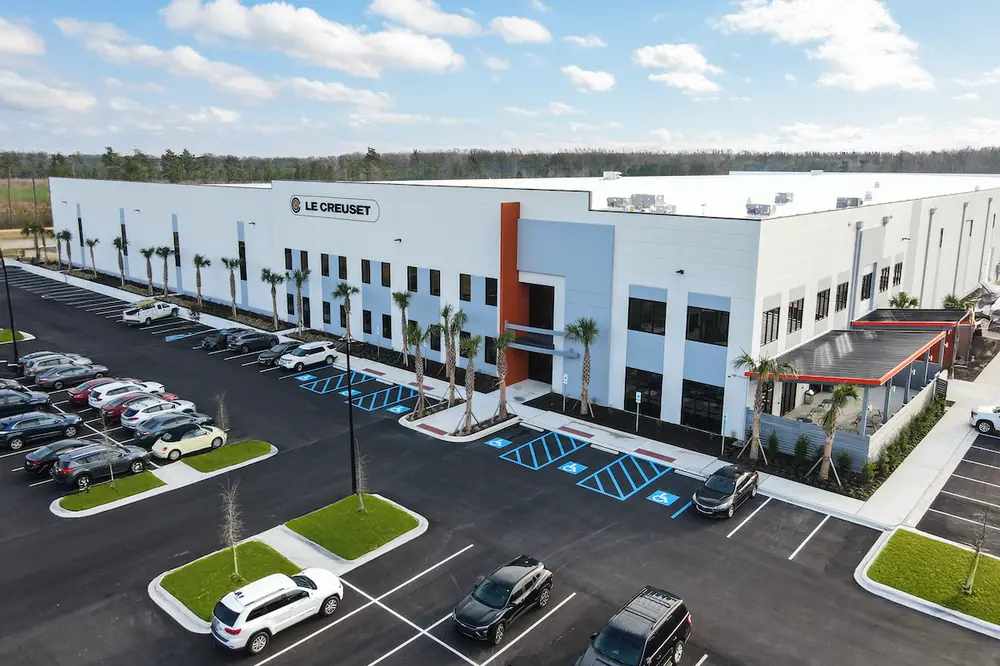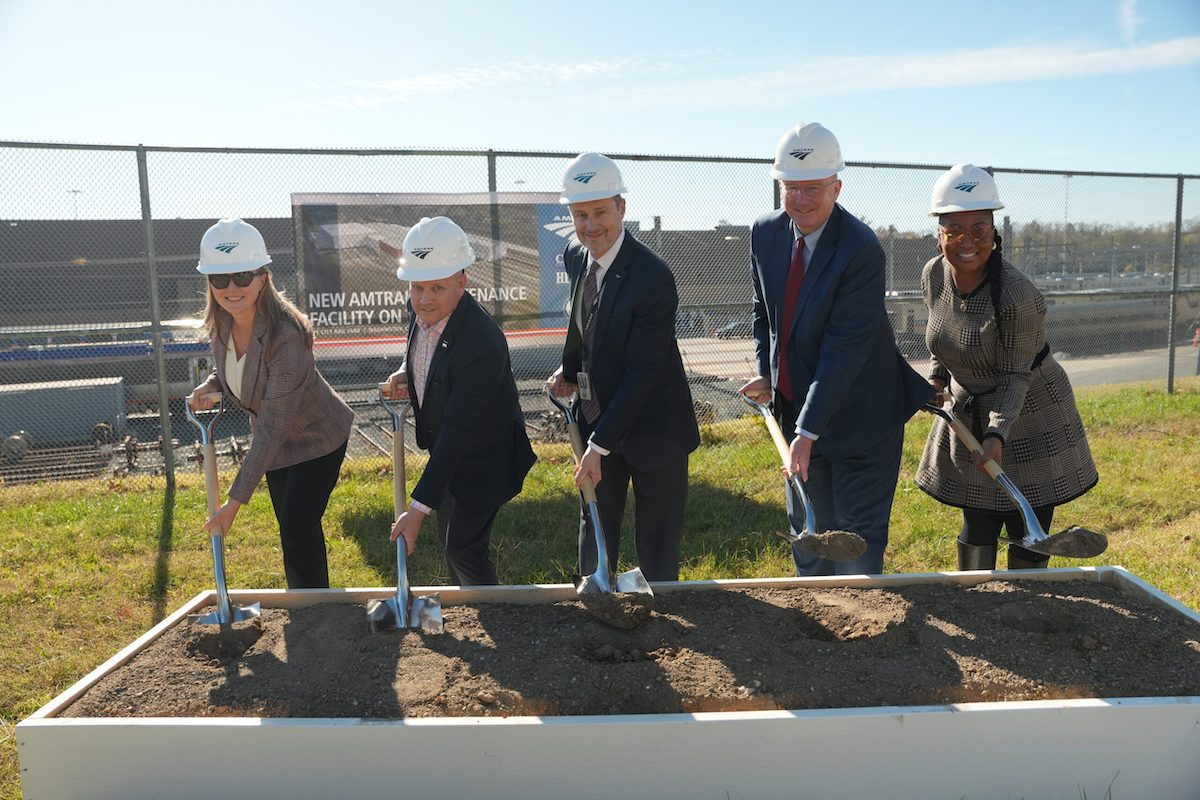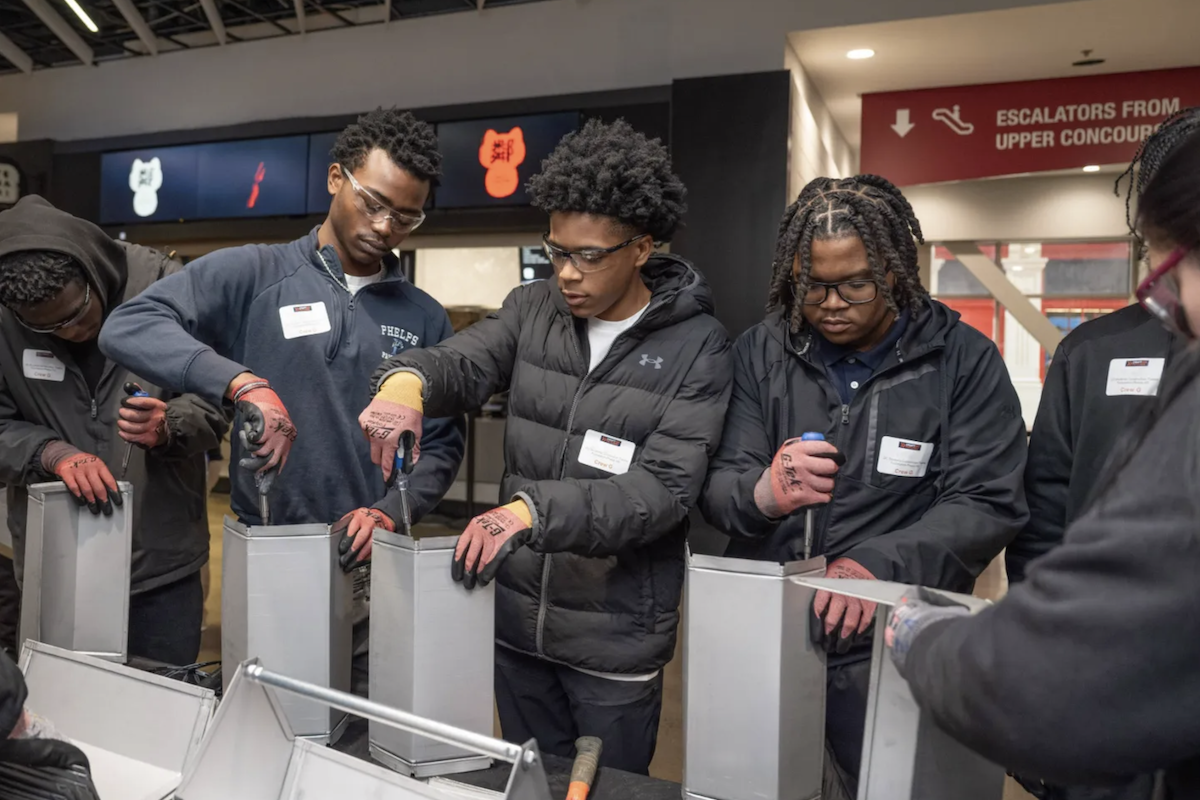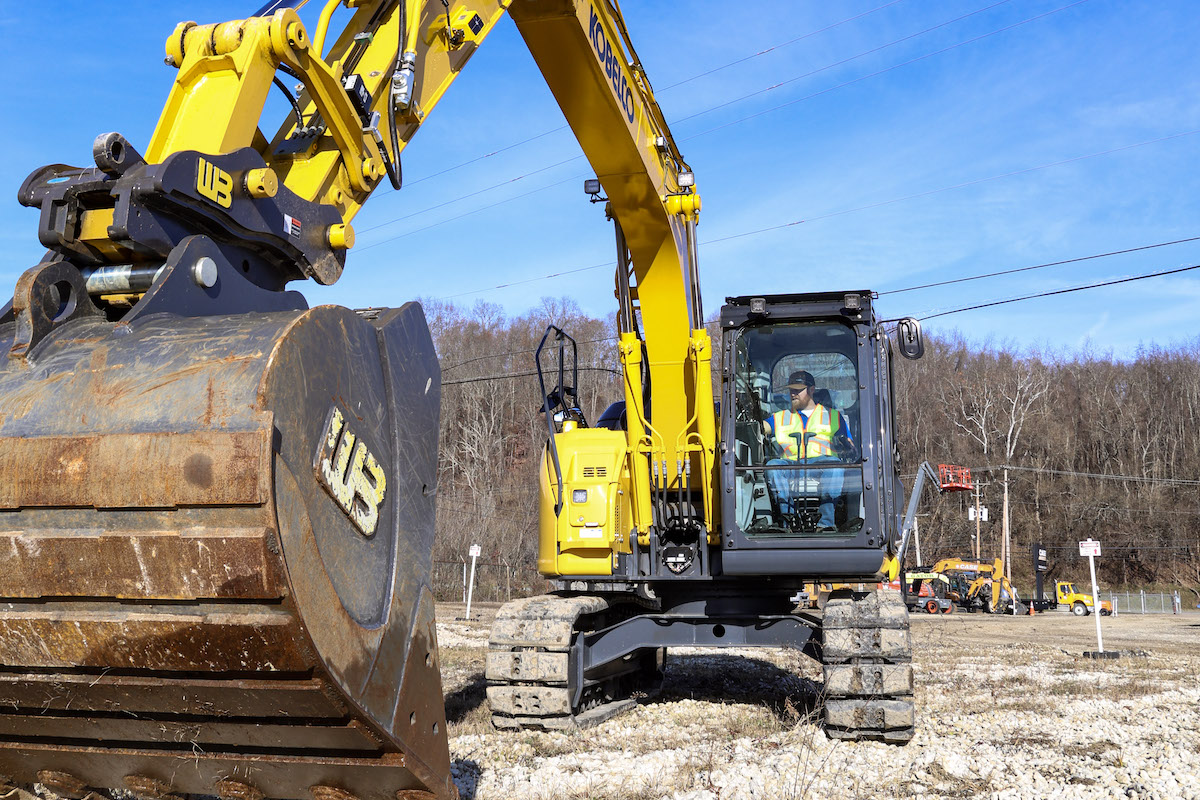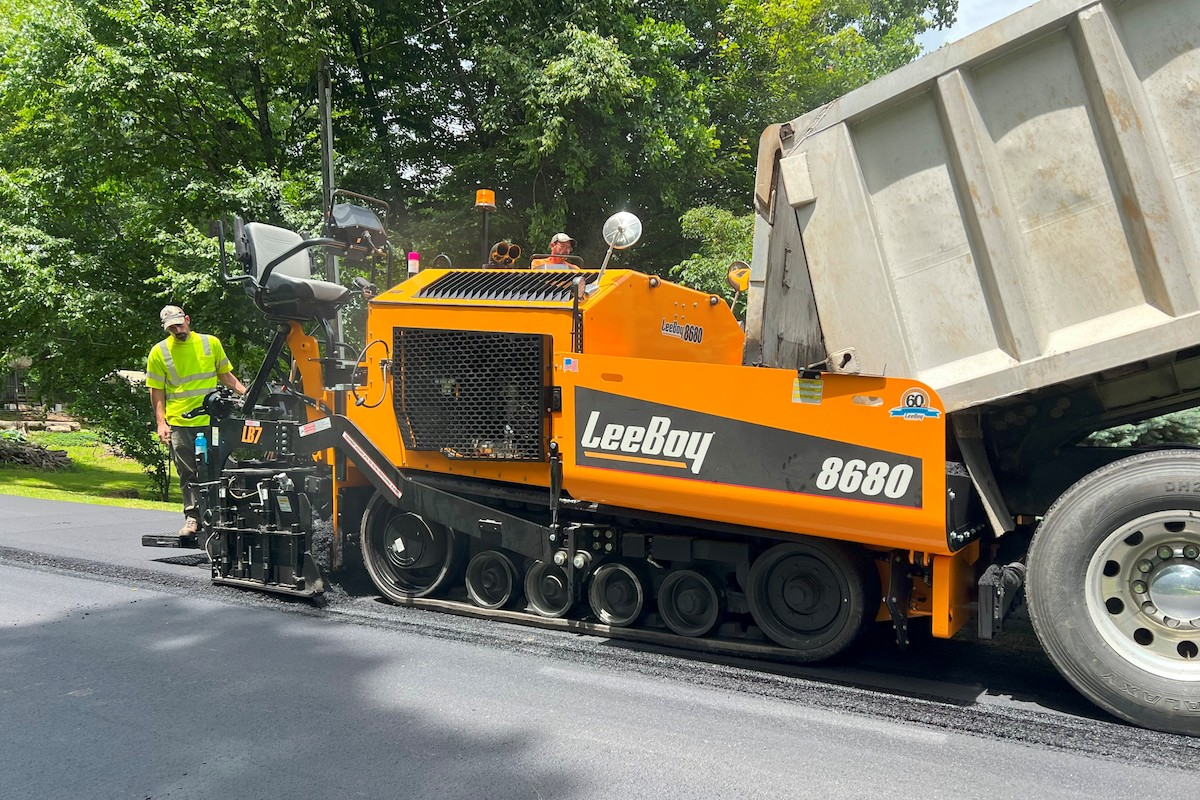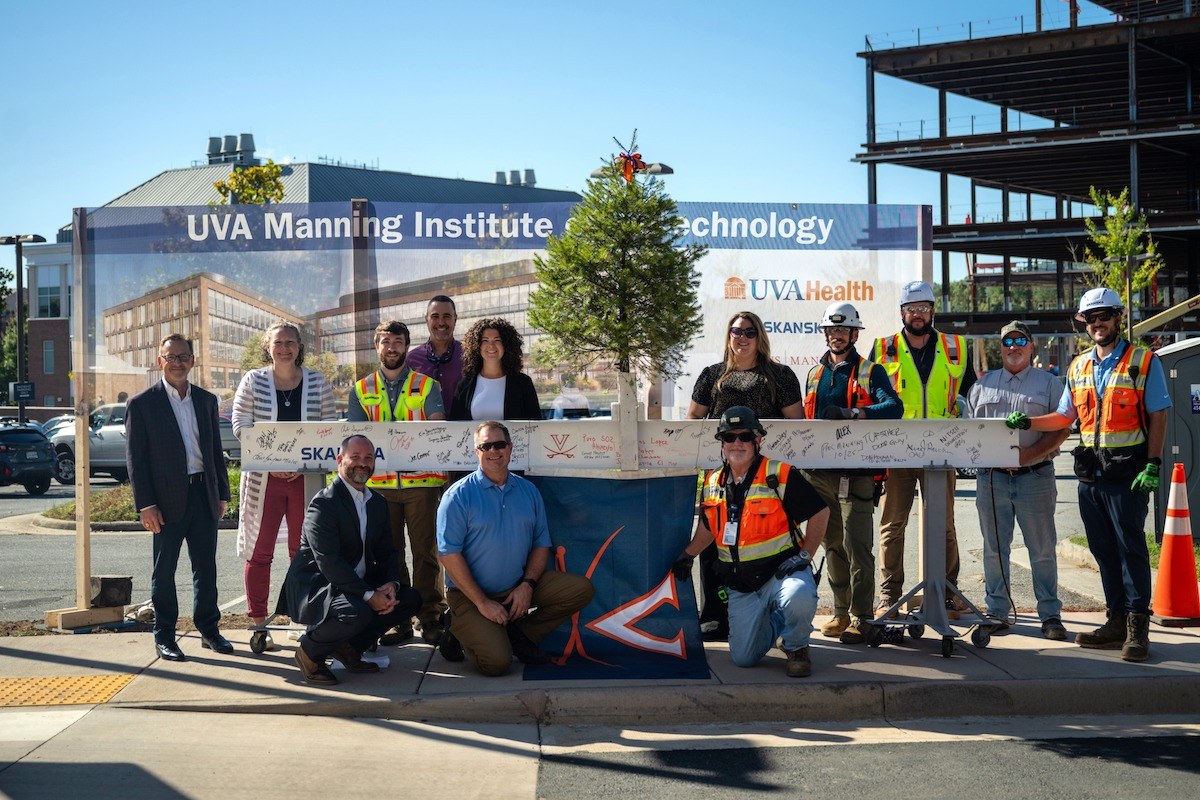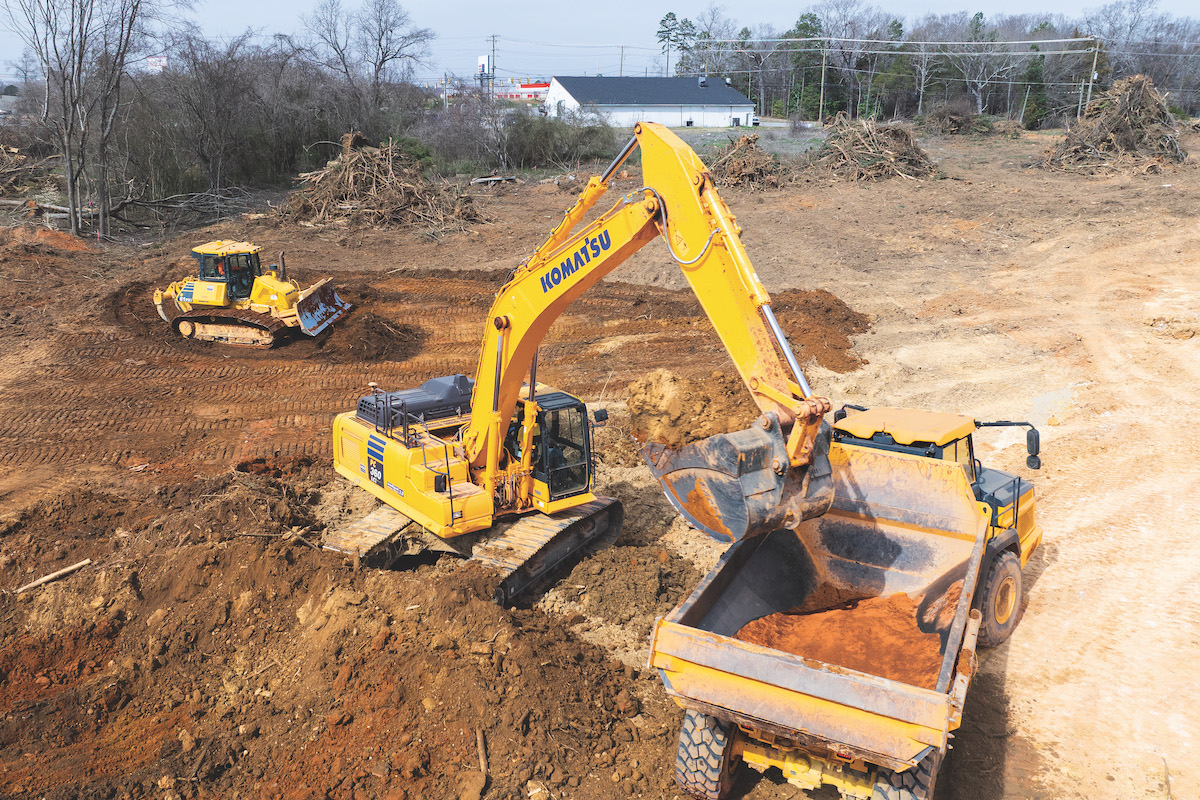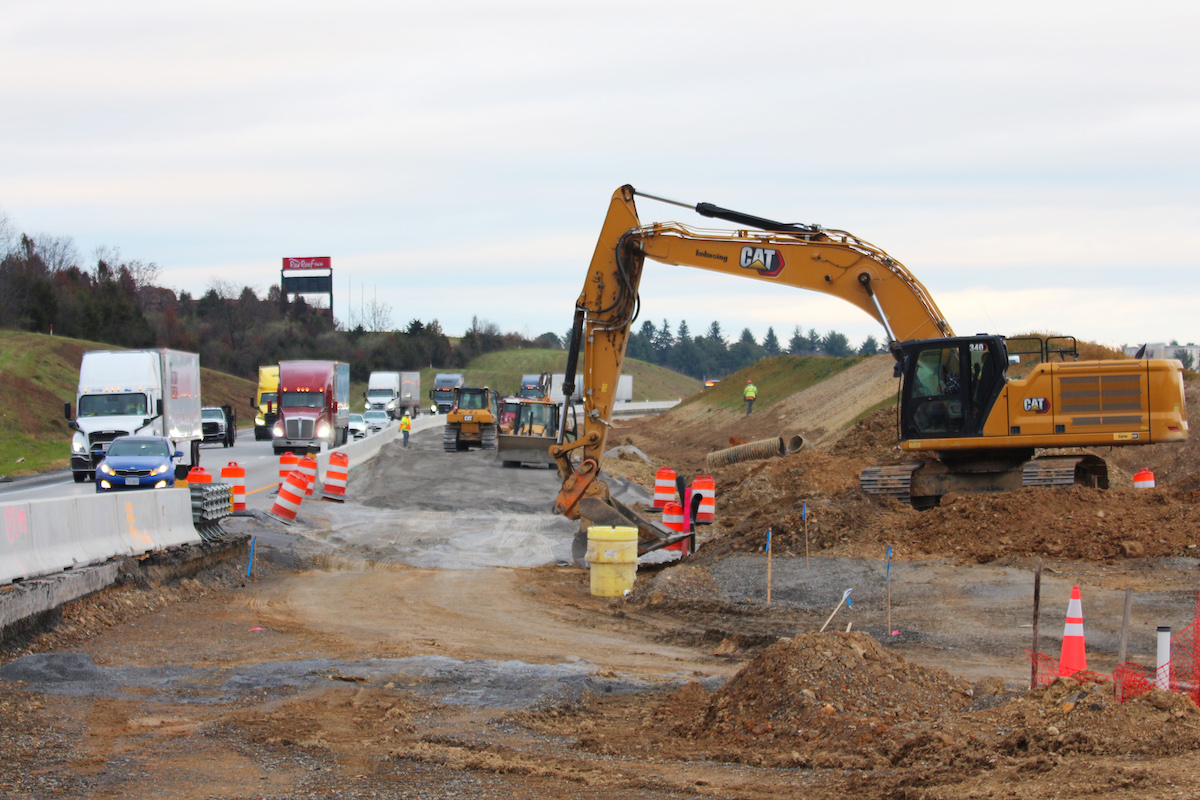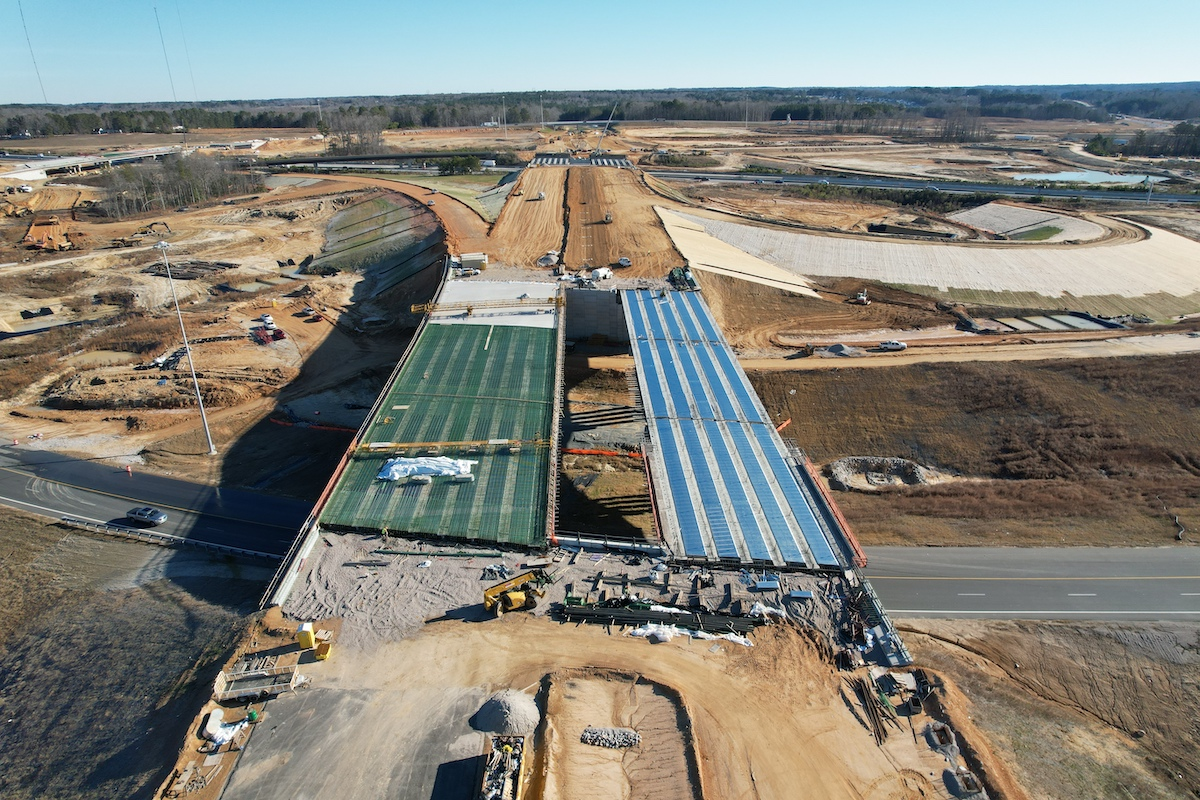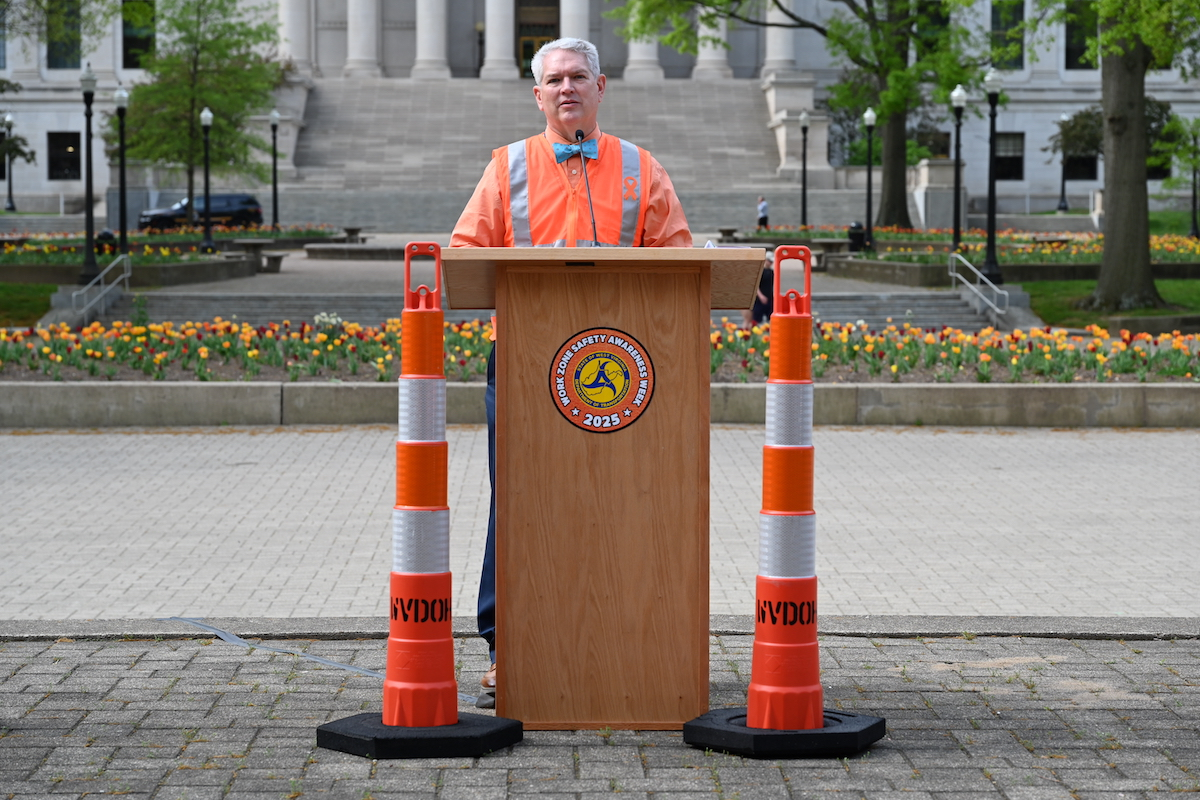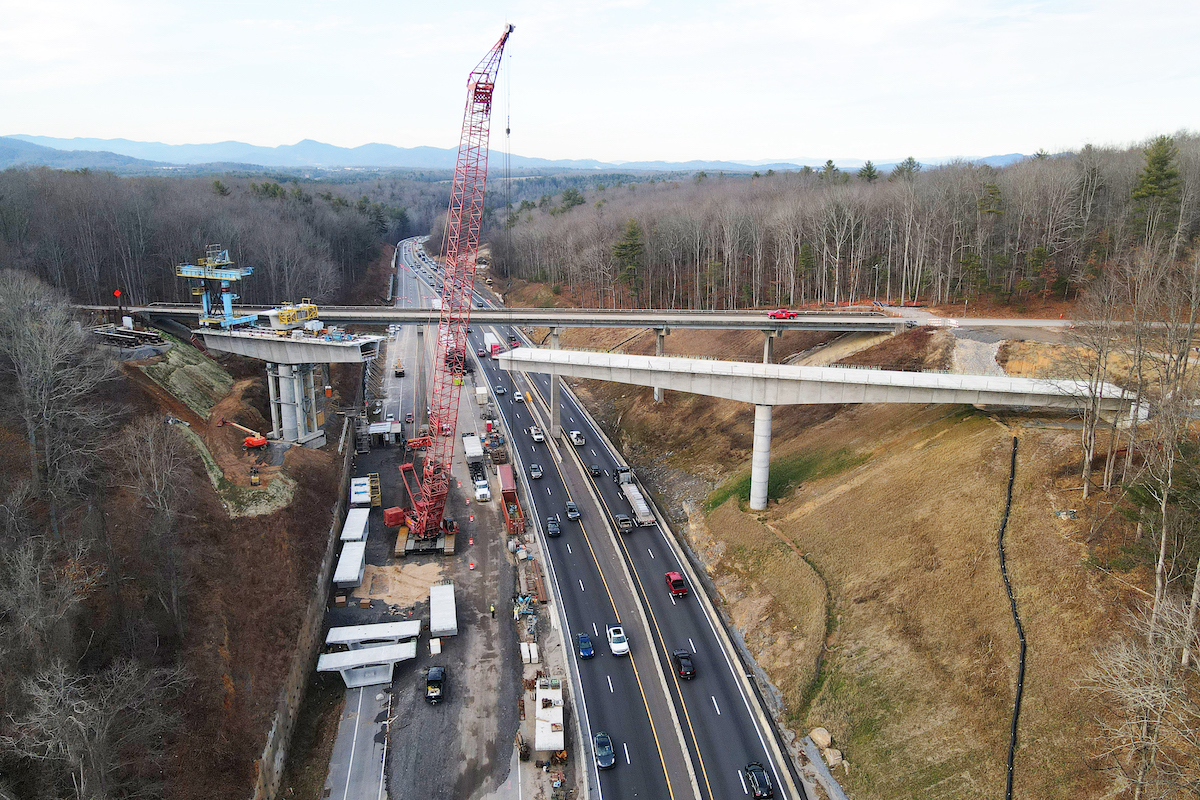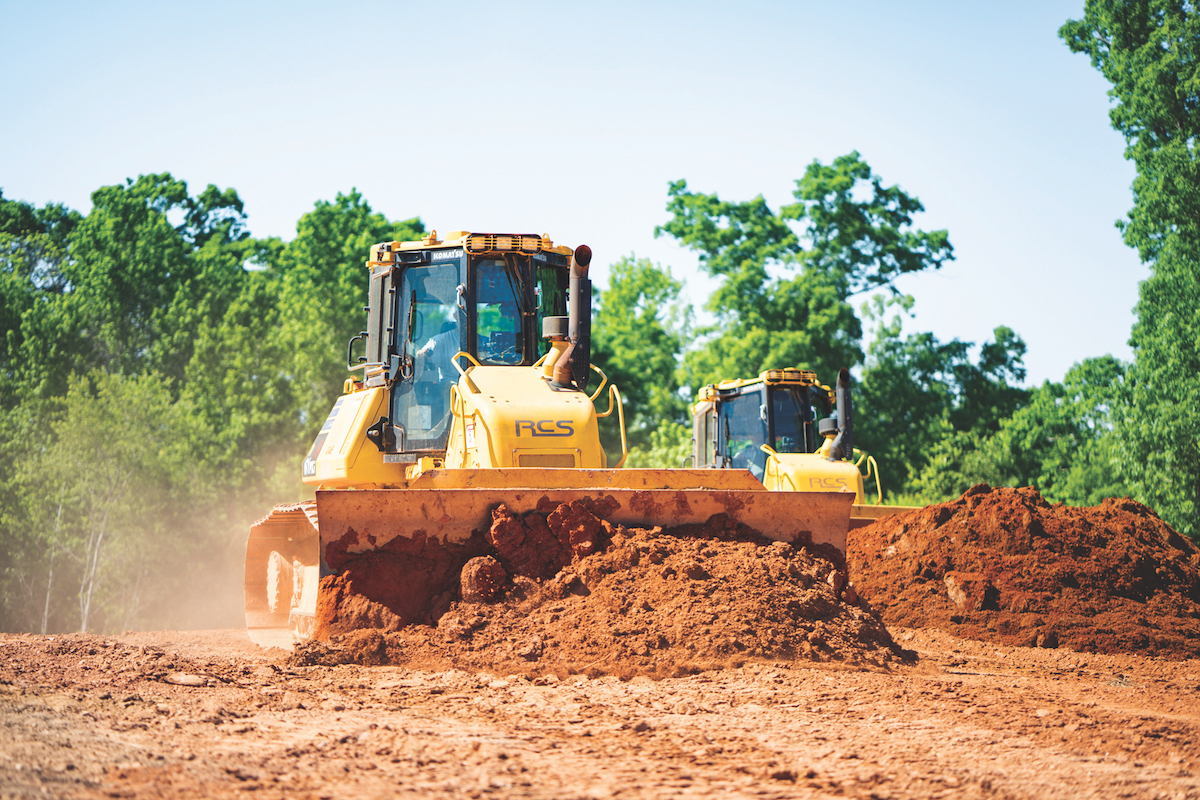NCCCO Receives ANSI Workforce Development Award

In announcing the award, the ANSI Board of Directors Awards Committee cited NCCCO’s “many contributions to the ANSI Federation and the voluntary standardization community,” noting that the award “recognizes exemplary accredited credentialing bodies that significantly impact workforce development in the United States.” The award was presented November 6 in Washington, D.C., at the ANSI Awards Reception, Banquet and Ceremony during ANSI World Standards Week.
NCCCO CEO, Thom Sicklesteel, noted that NCCCO was “delighted” to receive the award. “Conferring of this award on NCCCO is a recognition of the efforts this organization has made over recent years to expand its activities into workforce development activities, as well as to engage entities already prominent in this field,” he said.
“Although the primary vision of NCCCO has been to help establish a global lifting environment in which crane and crane-related risks are reduced and overall safety enhanced, NCCCO has always shouldered a secondary responsibility to improve the overall professionalism of the crane and rigging industry,” said Graham Brent, founding CEO of NCCCO and now CEO of the NCCCO Foundation. This translated, he said, into a desire to elevate the regard for the skill and knowledge required of a crane operator to the point where crane operation is considered not just a job, but a profession and, by extension, a career.
Sicklesteel observed that NCCCO only recognized its potential role in workforce development when it became apparent that, in certifying a sector of the construction workforce — operators of cranes and those who work with them — who had never before been offered a professionally developed certification opportunity, it was, in fact, certifying a progressively aging population.
“Crane operation, it turned out, was viewed negatively by those who had the most potential to give — graduating high schoolers for whom college was seen as the de facto ‘next step’ upon leaving school rather than as a conscious decision,” Brent said. Although this view was based on a largely historical and mostly inaccurate understanding of the job, the consequences were real: construction struggling to keep pace with the country’s economic boom, while the college drop-out rate increased exponentially along with student debt. Ever since vocational education had been relegated to the “small print” of high school counselor list of desirable careers, the construction industry has suffered from a lack of entrants to the field.
Industry’s fears that this nation’s education system was failing to prepare the next generation of skilled tradespeople were ultimately borne out by a demographic review NCCCO undertook of its certificants. With an average age of crane operators in the mid-40s (much higher for related occupations for which NCCCO also provides certification such as Lift Director), there was a need for “re-education” among those influencers who held the keys to where high schoolers would turn upon graduation.
Following an experience in 2011 as a sponsor of the Construction Challenge at CONEXPO-CON/AGG, the nation’s largest construction equipment events, NCCCO set out to engage educators and employers through a variety of mechanisms and initiatives. These joined others that NCCCO had become associated with over almost 25 years of certification activity, Brent said.
















